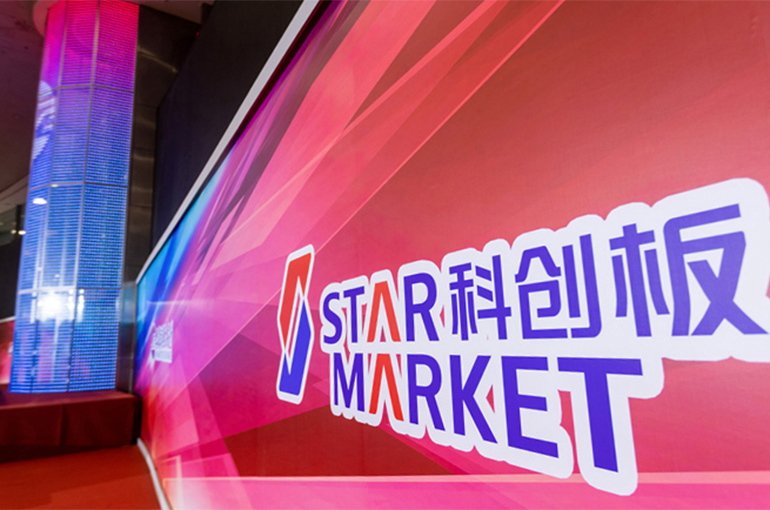 China Unveils Policies to Deepen Reform of Shanghai’s Star Market
China Unveils Policies to Deepen Reform of Shanghai’s Star Market(Yicai) June 20 -- China’s top securities regulator has announced new measures to deepen the reform of Shanghai’s Star Market, which marked its fifth year last week, in a bid to bolster the Nasdaq-style board’s role in serving sci-tech companies.
The eight measures include giving priority to the listing of companies that master key core technologies in new industries, business formats, and technologies, the China Securities Regulatory Commission said in a policy document released yesterday.
The CSRC will also refine the system for identifying such firms and support the floatation of high-quality tech ventures that are yet to turn a profit, it said.
“Only by creating a favorable atmosphere that encourages innovation and tolerates failure can we promote the development of new quality productive forces,” CSRC Chairman Wu Qing said about the measures at the Lujiazui Forum in Shanghai yesterday.
Efforts will also be made to reform the pricing mechanism for initial public offerings, set up a green channel for equity and debt financing, encourage mergers and acquisitions among key core tech firms, and trial shelf offerings for refinancing, according to the CSRC.
Tech startups need frequent and small amounts of refinancing, a CSRC insider told Yicai. Shelf offerings, which enable businesses to issue securities multiple times after passing a single review, offering them more flexible and efficient refinancing, can better meet this need, the person said.
The eight measures encompass more than 30 specific items, the source also pointed out, saying that they will be gradually made concrete in the form of rules, policies, or cases.
The Star Market will also support listed businesses, including high-quality but as yet unprofitable tech firms, to carry out upstream and downstream M&As, the CSRC said. Additionally, the payment methods for M&As will be further diversified, such as by exploring the introduction of an installment payment system for shares.
The CSRC also proposed to enhance the Star Market’s IPO pricing mechanism, improve the equity incentive system of listed companies, enrich the board's index products, exchange-traded funds, and ETF futures, and strengthen the full-chain supervision of listed firms.
One of the measures has already been implemented. The Shanghai Stock Exchange announced yesterday that the highest bid exclusion ratio for new stock subscriptions on the Star Market will be changed from 1 percent to 3 percent of the total subscription amount to a uniform 3 percent. The move aims to guide investors to bid rationally during new stock subscriptions and avoid excessive speculation.
The 573 companies listed on the Star Market have raised more than CNY1 trillion (USD138 billion) between them and have a combined market value in excess of CNY5 trillion (USD689 billion), SSE Chairman Qiu Yong said at the Lujiazui Forum yesterday.
Eighty percent of them are in new-generation information technologies, high-end equipment manufacturing, and biomedicine, he noted.
Editors: Dou Shicong, Martin Kadiev